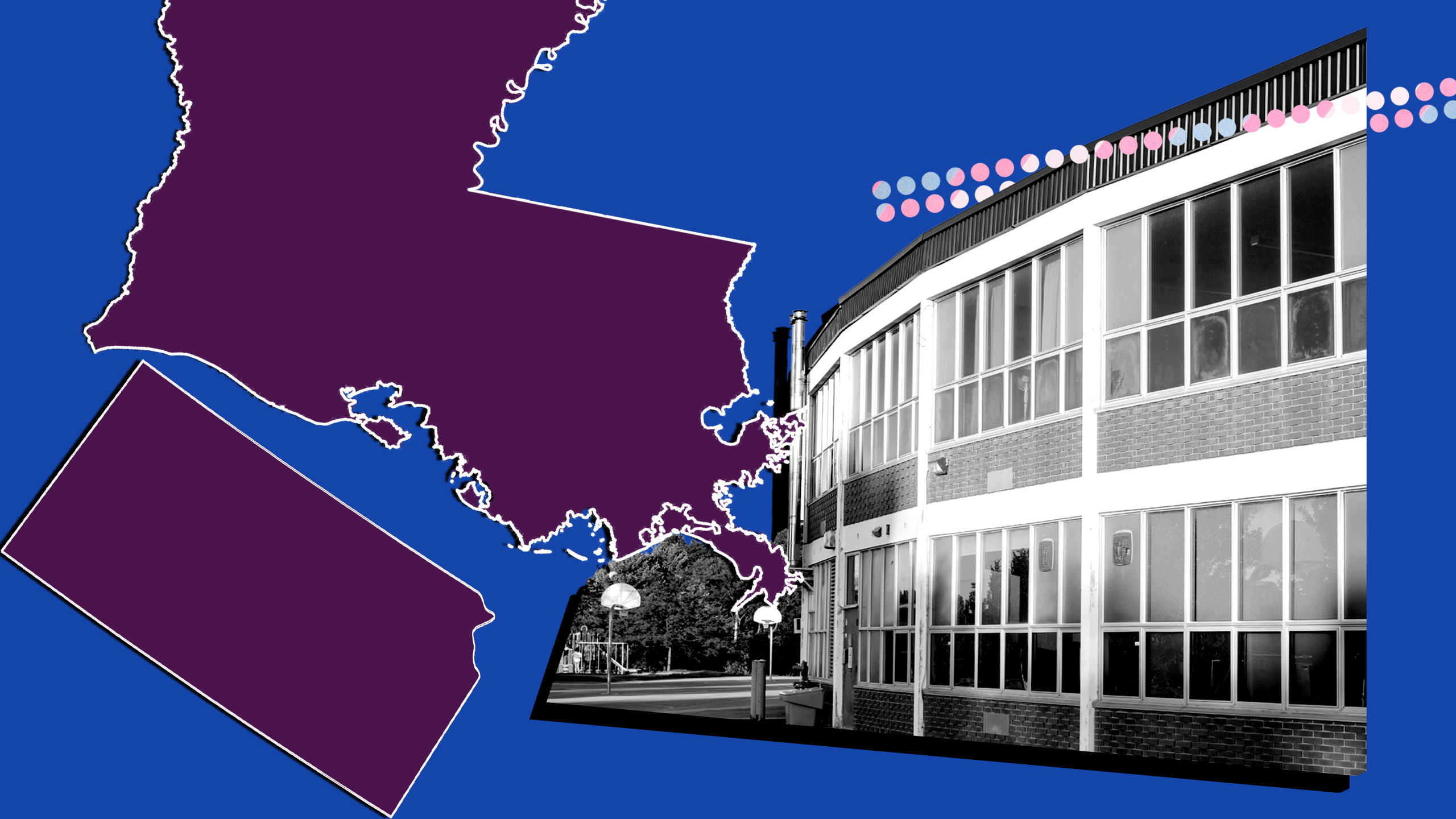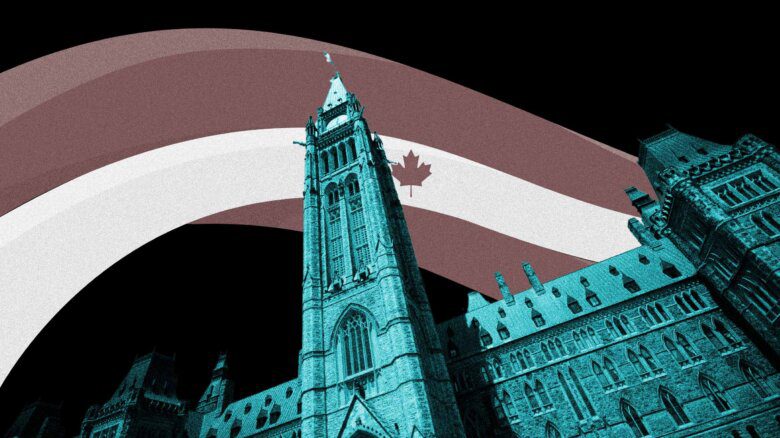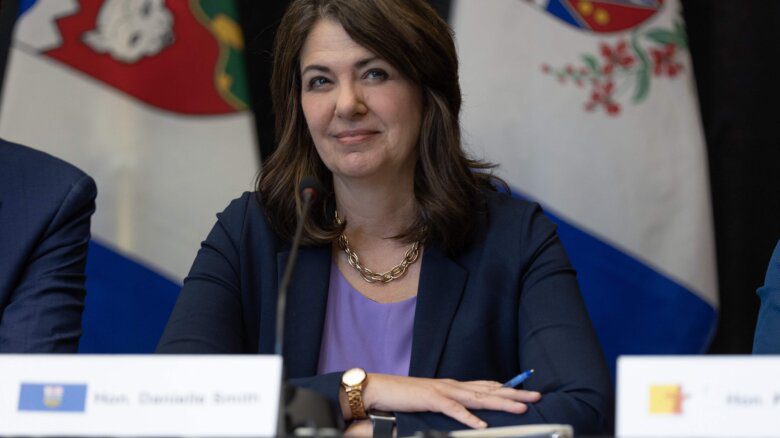Amid the worst year in history for anti-LGBTQ2S+ legislation, two U.S. states rejected proposals targeting queer and trans Americans over the past week. Lawmakers in Louisiana and Kansas failed to advance legislation that would, respectively, restrict LGBTQ2S+ education in schools and trans student sports participation.
A Louisiana bill similar to Florida’s newly enacted “Don’t Say Gay” law was voted down by its House Education Committee on May 3. In a bipartisan 7-4 vote, state House representatives elected not to advance House Bill 837, which would have outlawed “classroom instruction or discussion relative to sexual orientation or gender identity” in elementary and middle schools, according to its text.
HB 837 would have gone further than Florida’s version of the bill, which only extends through the third grade. It would have also banned all K-12 teachers from disclosing their sexual orientation or gender identity to students.
The proposal was widely condemned by both LGBTQ2S+ advocacy groups and Democratic politicians. In comments cited by Louisiana newspaper The Advocate, state Rep. Royce Duplessis referred to HB 837 as “dangerous and harmful,” and his House colleague, state Rep. Mandie Landry, remarked that LGBTQ2+ young people already “have it hard enough.”
“As adults, we should show them compassion and acceptance, not disdain and disapproval,” Landry said.
The American Civil Liberties Union (ACLU) of Louisiana joined in opposing HB 837. Its advocacy director, Chris Kaiser, told The Advocate that the bill is “part of a trend to file a lot of different types of legislation that is just aimed at villainizing gay and transgender people and basically removing them from public life.”
“Some of the bills being brought up this session do nothing to make lives better.”
HB 837’s author, state Rep. Dodie Horton, took issue with criticism of the legislation. The Republican legislator said her bill would not target teachers for being LGBTQ2S+, but would ensure they are “staying on topic” during classroom discussions.
“There’s nothing to do with a teacher’s lifestyle choice, who they live with, who they are married to,” she told the New Orleans public radio station WWNO.
But critics warned that the legislation would potentially impact all teachers and school staff, not just LGBTQ2S+ faculty. One Democratic lawmaker pointed out that the wording of HB 837 could prevent a teacher from instructing students to refer to them by gendered honorifics like “Mr.” and “Mrs.”
An amendment to clarify the bill’s language regarding the ways in which teachers are permitted to discuss gender ultimately failed.
And despite her assertions that LGBTQ2S+ teachers would not be singled out during the bill, Horton admitted during debate over the legislation that she doesn’t think it’s appropriate “for a teacher to come out to a third grade class.” She claimed the topic isn’t addressed by Louisiana’s curriculum standards.
Had HB 837 advanced out of committee and been approved by both houses of the Louisiana State Legislature, the bill was still unlikely to become law. The state’s Democratic governor, John Bel Edwards, vetoed a trans sports ban last year after claiming that the legislation did not address any problem facing Louisiana schools. His veto was ultimately sustained after Republican lawmakers failed to gather enough votes to override it.
Edwards had been sharply critical of HB 837, censuring the bill during his State of the State address in March.
“Some of the bills being brought up this session do nothing to make lives better,” he said of anti-LGBTQ2S+ legislation put forward by state lawmakers this year. “Nothing to continue moving us forward. They only serve to divide us. And frankly, some are reminiscent of a dark past that we should learn from, not relive.”
Currently, six U.S. states have censorship laws on the books preventing teachers from addressing LGBTQ2S+ issues in schools. Five states require schools to notify parents before topics surrounding sexual orientation and gender identity are discussed.
“Kansans deserve better than legislators who bully transgender youth.”
But as increasingly more U.S. states pass legislation stripping away rights and protections from the LGBTQ2S+ community, Kansas lawmakers joined Louisiana in choosing not to join them. After Democratic Gov. Laura Kelly vetoed an anti-trans sports ban last month, a GOP attempt to override her objections stalled on April 29. House Republicans fell three votes shy of the two-thirds majority needed to force the legislation, known as Senate Bill 160, into law.
LGBTQ2S+ advocates cheered the demise of SB 160, which marks the second consecutive year Kelly has successfully vetoed an anti-trans sports bill. Cathryn Oakley, state legislative director for the Human Rights Campaign (HRC), called the bill “harmful” and said it “has no place in Kansas or any other state.”
“Kansans deserve better than legislators who bully transgender youth—youth who pose no threat and just want to play sports with their friends,” Oakley said in a statement.
According to state Rep. Stephanie Byers, the only out trans woman of colour elected to a state legislature in U.S. history, there’s only one trans female student currently competing in school sports in Kansas. The Kansas State High School Activities Association (KSHSAA) told the Associated Press that it’s aware of “six or seven” trans athletes participating in athletics between the 7th and 12th grades, but was unsure how many of those students are trans girls.
At least 15 U.S. states have laws on the books preventing trans student athletes from being affirmed by their lived gender during competitive play. The most recent of these states, Georgia, enacted its trans sports ban last month after it was signed into law by Gov. Brian Kemp, a Republican.


 Why you can trust Xtra
Why you can trust Xtra


